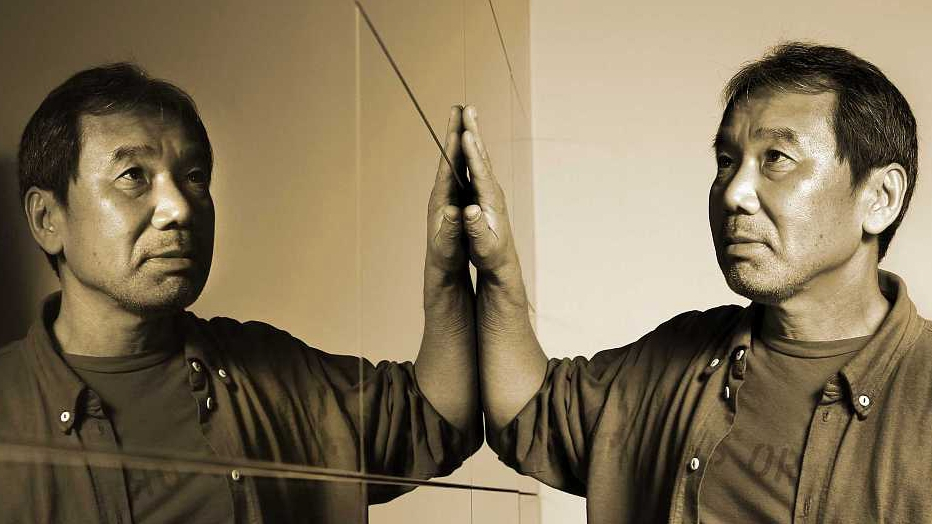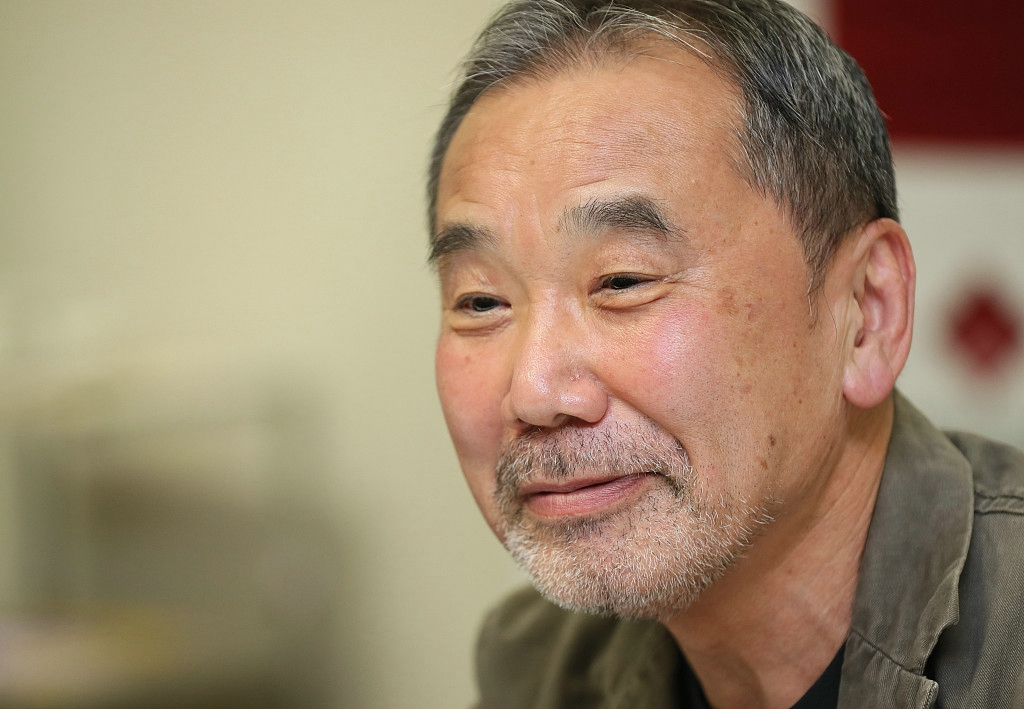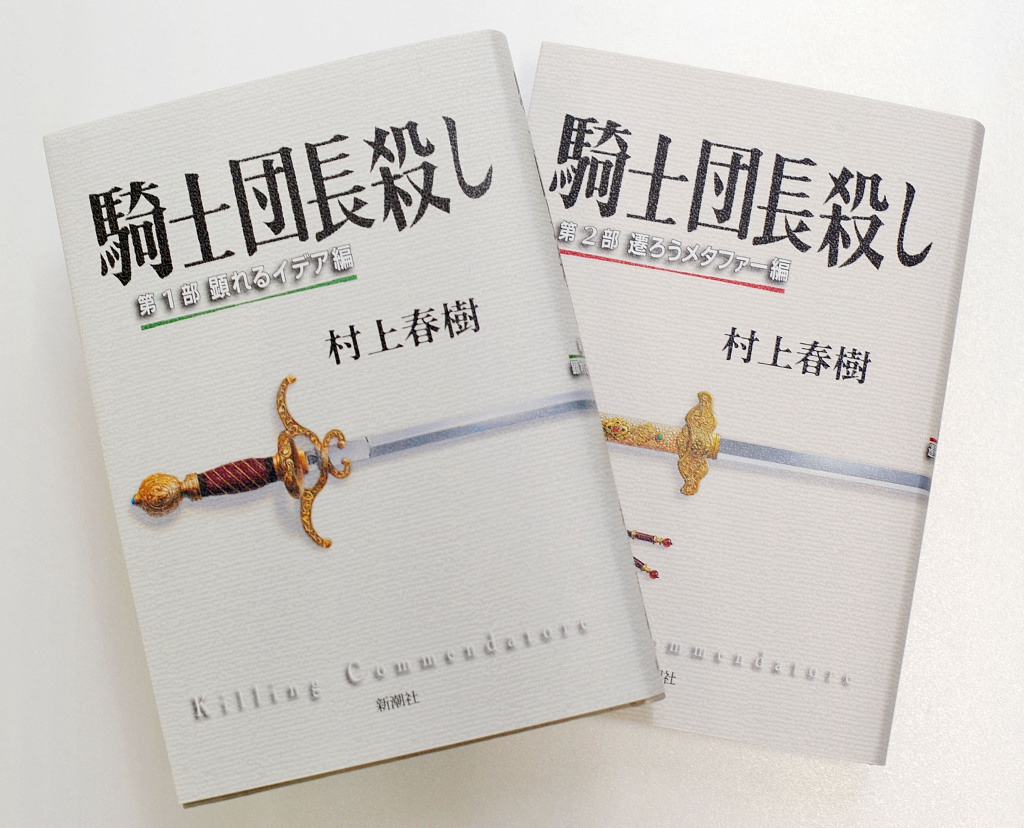
Culture
21:56, 12-May-2019
Haruki Murakami recounts late father's involvement in Japanese aggression war
CGTN

Japanese writer Haruki Murakami, one of the most influential literary figures of contemporary Asia, recounted his late father's experience in the Japanese War of Aggression against China in a newly published essay.
The essay, published on the June issue of a monthly magazine “Bungeishunjū,” is titled “Abandoning a Cat: What I Talk About When I Talk About My Father.” It is also the first piece Murakami published since Japan entered the Reiwa era.
The beginning of the article has maintained the lyrical style of Murakami, which is about going out to abandon a cat with his father during his elementary school years. The father and son returned home, only to find that the cat has already returned.

Japanese writer Haruki Murakami. /VCG Photo
Japanese writer Haruki Murakami. /VCG Photo
While recalling his father's experience in the Japanese aggression army, his tone changed.
Murakami rarely mentioned his father in his previous works, and this is the first time he mentioned his father's experience in the aggression war.
Chiaki Murakami was born in Kyoto in 1917, and he was the second son of a Buddhist priest. Starting in 1938, he was recruited into the Japanese army for three times and was involved in several aggressive wars against China.
According to Asahi Shimbun, Chiaki was a soldier in a transport battalion in 1938.
In the essay, Murakami wrote that his father never mentioned the war experience at home, except once, when he was still an elementary school student, his father told him about the troops' execution of a captured Chinese soldier.
“Needless to say, the barbaric sight of a human head being cut off by a military sword was deeply etched into my young mind,” the author wrote, and he said that he has inherited the memory and spiritual torturing from his father.
“No matter how unpleasant the memories are and how much we want to look away, we have to accept such things as part of ourselves. If not, where is the meaning of what we called history?” Murakami wrote.

Haruki Murakami's 2017 novel "Killing Commendatore." /VCG Photo
Haruki Murakami's 2017 novel "Killing Commendatore." /VCG Photo
Murakami's relationship with his father worsened after he became a writer, and they had not met with each other for some 20 years. The reconciliation only came shortly before his father's death in 2008.
The author once suspected that his father was involved in the Japanese army's aggression in Nanjing, which led to the notorious Nanjing Massacre during which some 300,000 Chinese people were killed.
He even spent around five years, trying to dive into the past and find out the truth. He talked to various people who knew his father, reading the documents and files and he felt a bit of relieved when he finally found out that his father was on some other troop and was not in Nanjing at that time.
At the end of the essay, Murakami wrote, “We are only an anonymous drop of rain out of the numerous ones that are falling onto the ground. But even a drop of water has its only history, and the responsibility to inherit the history. We could never forget about it.”
It is not the first time Murakami talked about shouldering the historical responsibility. In his 2017 novel “Killing Commendatore,” he wrote about Nanjing Massacre through the voice of a character.
During a 2015 interview, the author said Japan should apologize for the atrocities it committed to the neighbors.
“I think history is very important, and to apologize sincerely is very important... To apologize is not something that is shameful,” said Murakami.

SITEMAP
Copyright © 2018 CGTN. Beijing ICP prepared NO.16065310-3
Copyright © 2018 CGTN. Beijing ICP prepared NO.16065310-3